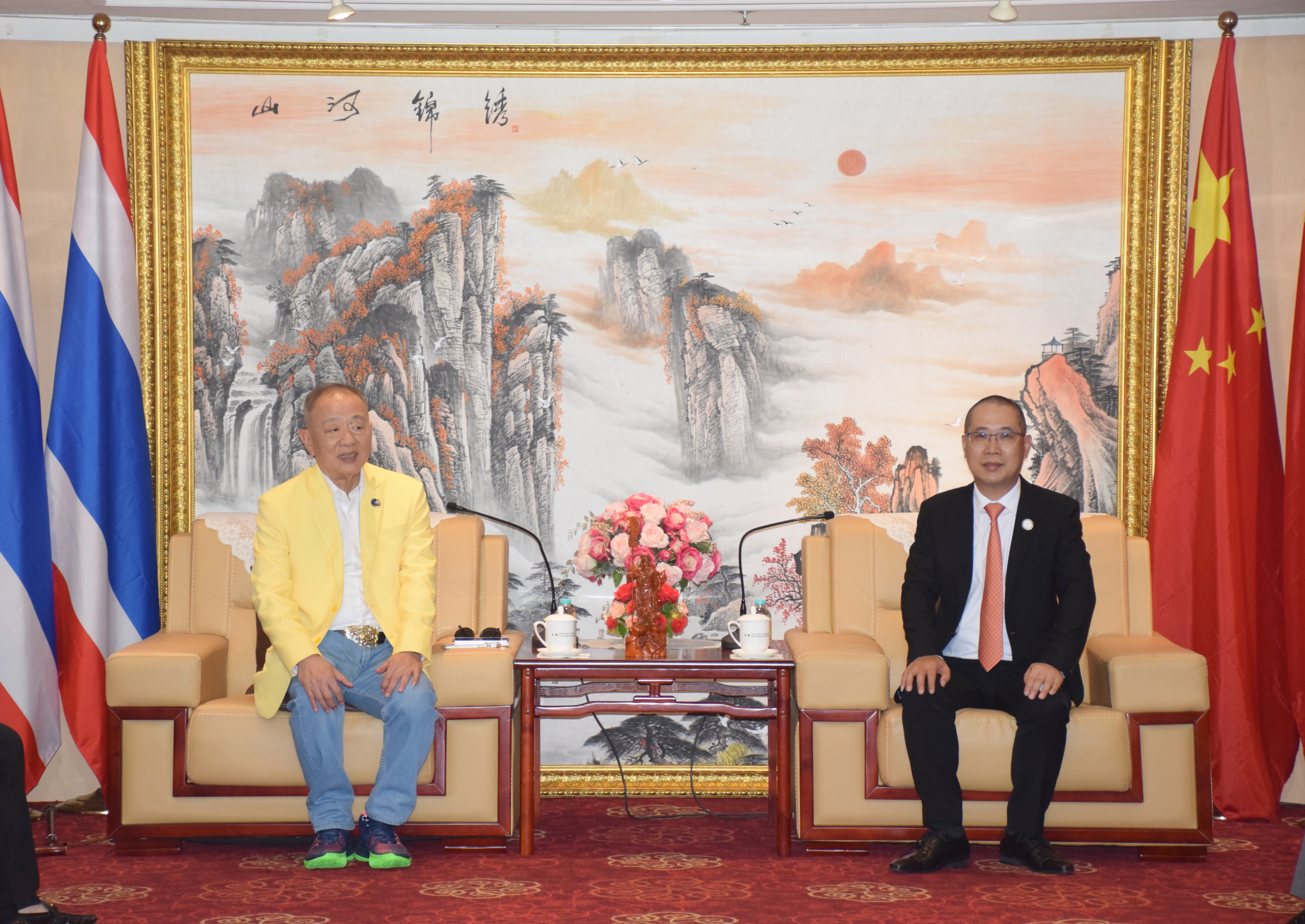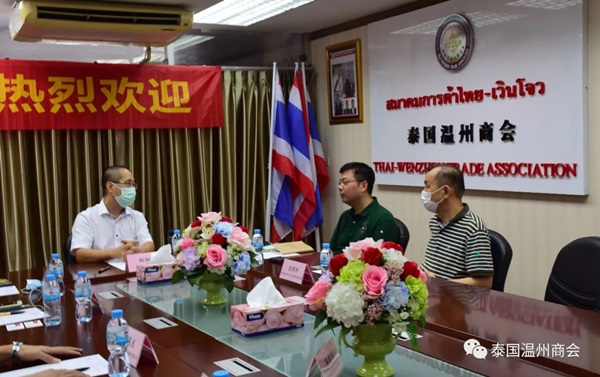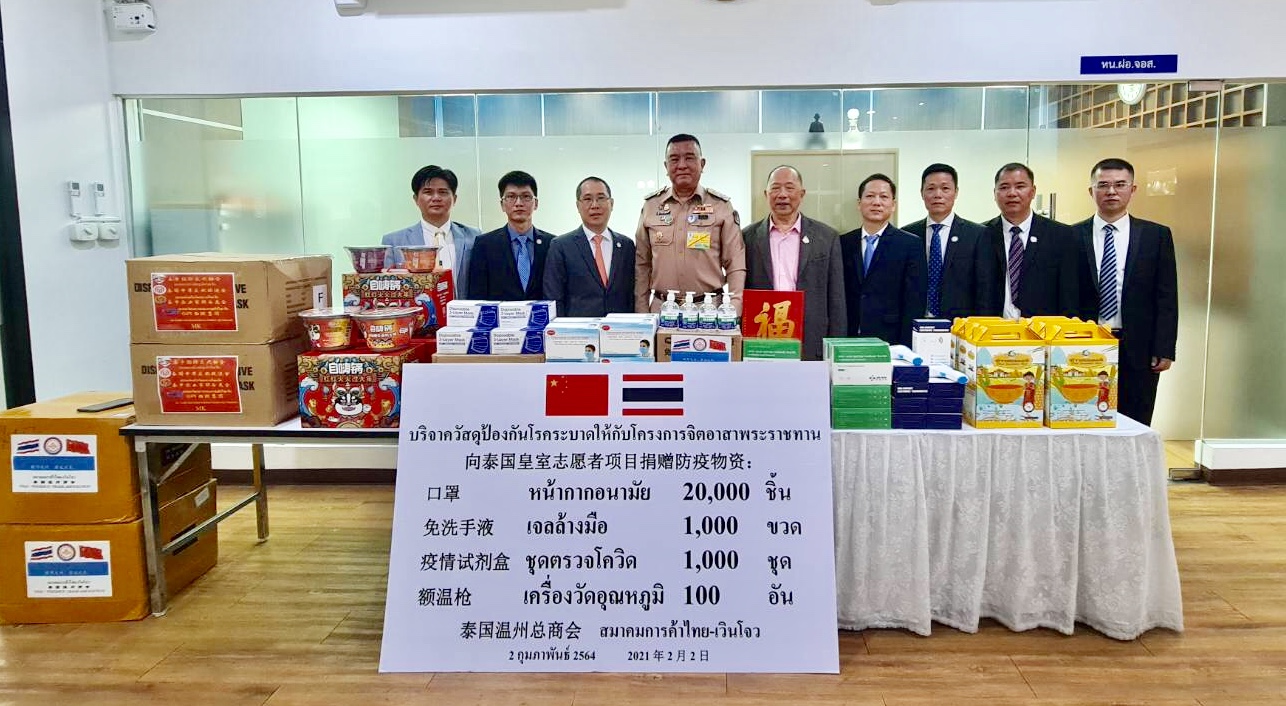ITCI22 will be a one-day workshop. 105, no. The AAAI-22 workshop program includes 39 workshops covering a wide range of topics in artificial intelligence. The submission website ishttps://easychair.org/conferences/?conf=fl-aaai-22. "Bridging the gap between spatial and spectral domains: A survey on graph neural networks." Submitted papers will be assessed based on their novelty, technical quality, potential impact, insightfulness, depth, clarity, and reproducibility. Factorized Deep Generative Models for End-to-End Trajectory Generation with Spatiotemporal Validity Constraints. 10, pp. Papers that are under review at another conference or journal are acceptable for submission at this workshop, but we will not accept papers that have already been accepted or published at a venue with formal proceedings (including KDD 2022). The accelerated developments in the field of Artificial Intelligence (AI) hint at the need for considering Safety as a design principle rather than an option. Onn Shehory, Bar Ilan University (onn.shehory@biu.ac.il), Eitan Farchi, IBM Research Haifa (farchi@il.ibm.com), Guy Barash, Western Digital (Guy.Barash@wdc.com), Supplemental workshop site:https://sites.google.com/view/edsmls-2022/home. This half day workshop will focus on research into the use of AI techniques to extract knowledge from unstructured data in financial services. the 27th International Joint Conference on Artificial Intelligence (IJCAI 2018) (acceptance rate: 20.6%), Stockholm, Sweden, Jul 2018, accepted. PDF suitable for ArXiv repository (4 to 8 pages). Integration of Deep Learning and Relational Learning. 2020. In this workshop we would like to focus on a contrasting approach, to learn the architecture during training. Andy Doyle, Graham Katz, Kristen Summers, Chris Ackermann, Ilya Zavorin, Zunsik Lim, Sathappan Muthiah, Liang Zhao, Chang-Tien Lu, Patrick Butler, Rupinder Paul Khandpur. All submissions must be anonymous and conform to AAAI standard for double-blind review. The submissions need to be anonymized. At AAAI 2021, we successfully organized this workshop (https://taih20.github.io/). in Proceedings of the 22st ACM SIGKDD Conference on Knowledge Discovery and Data Mining (KDD 2016), applied data science track, accepted (acceptance rate: 19.9%), pp. Self-supervised learning utilizes proxy supervised learning tasks, for example, distinguishing parts of the input signal from distractors, or generating masked input segments conditioned on the unmasked ones, to obtain training data from unlabeled corpora. Submissions of technical papers can be up to 7 pages excluding references and appendices. Short or position papers of up to 4 pages are also welcome. Workshop Date: Sunday August 14, 2022 EDT. Ting Hua, Chandan Reddy, Lijing Wang, Liang Zhao, Lei Zhang, Chang-Tien Lu, and Naren Ramakrishnan. Shiyu Wang, Xiaojie Guo, Xuanyang Lin, Bo Pan, Yuanqi Du, Yinkai Wang, Yanfang Ye, Ashley Ann Petersen, Austin Leitgeb, Saleh AlKhalifa, Kevin Minbiole, Bill Wuest, Amarda Shehu, Liang Zhao. The 33rd European Conference on Machine Learning and Principles and Practice of Knowledge Discovery in Databasesg (ECML-PKDD 2022) (Acceptance Rate: 26%), accepted, 2022. July 21: Clarified that the workshop this year will be held in-person. ACM Transactions on Knowledge Discovery from Data (TKDD), (impact factor: 3.089), accepted. Their results will be submitted in either a short paper or poster format. [code] Long papers (up to 6 pages + references) and extended abstracts (2 pages + references) are welcome, including resubmissions of already accepted papers, work-in-progress, and position papers. Realizing the vision of Document Intelligence remains a research challenge that requires a multi-disciplinary perspective spanning not only natural language processing and understanding, but also computer vision, layout understanding, knowledge representation and reasoning, data mining, knowledge discovery, information retrieval, and more all of which have been profoundly impacted and advanced by deep learning in the last few years. Expected attendance is 40-50 people. For instance, advanced driver assistance systems and autonomous cars have been developed based on AI techniques to perform forward collision warning, blind spot monitoring, lane departure warning systems, traffic sign recognition, traffic safety, infrastructure management and congestion, and so on. Send this CFP to us by mail: cfp@ourglocal.org. How do metrics of capability and generality, and the trade-offs with performance affect safety? Encore track papers that have been recently published, or accepted for publication in a conference or journal. Guangji Bai, Johnny Torres, Junxiang Wang, Liang Zhao, Carmen Vaca, Cristina Abad. Lingfei Wu, Ian En-Hsu Yen, Siyu Huo, Liang Zhao, Kun Xu, Liang Ma, Shouling Ji and Charu Aggarwal. Graph neural networks on node-level, graph-level embedding, Joint learning of graph neural networks and graph structure, Learning representation on heterogeneous networks, knowledge graphs, Deep generative models for graph generation/semantic-preserving transformation, Graph2seq, graph2tree, and graph2graph models, Spatial and temporal graph prediction and generation, Learning and reasoning (machine reasoning, inductive logic programming, theory proving), Natural language processing (information extraction, semantic parsing, text generation), Bioinformatics (drug discovery, protein generation, protein structure prediction), Reinforcement learning (multi-agent learning, compositional imitation learning), Financial security (anti-money laundering), Cybersecurity (authentication graph, Internet of Things, malware propagation), Geographical network modeling and prediction (Transportation and mobility networks, social networks), Computer vision (object relation, graph-based 3D representations like mesh), Lingfei Wu (JD.Com Silicon Valley Research Center),lwu@email.wm.edu, 757-634-5455, https://sites.google.com/a/email.wm.edu/teddy-lfwu/, Jian Pei (Simon Fraser University), jian_pei@sfu.ca, 778-782-6851, https://sites.google.com/view/jpei/jian-peis-homepage, Jiliang Tang (Michigan State University), tangjili@msu.edu, 408-744-2053, https://www.cse.msu.edu/~tangjili/, Yinglong Xia (Facebook AI), yinglongxia@gmail.com, 213-309-9908, https://sites.google.com/site/yinglongxia/, Xiaojie Guo (JD.Com Silicon Valley Research Center), Xguo7@gmu.edu, 571-224-5527, https://sites.google.com/view/xiaojie-guo-personal-site, Sutanay Choudhury (Pacific Northwest National Lab), Stephan Gnnemann (Technical University of Munich), Shen Wang, (University of Illinois at Chicago), Yizhou Sun (University of California, Los Angeles), Lingfei Wu (JD.Com Silicon Valley Research Center), Zhan Zheng (Washington University in St. Louis), Feng Chen (University at Albany State University of New York), Development of corpora and annotation guidelines for multimodal fact checking, Computational models for multimodal fact checking, Development of corpora and annotation guidelines for multimodal hate speech detection and classification, Computational models for multimodal hate speech detection and classification, Analysis of diffusion of Multimodal fake news and hate speech in social networks, Understanding the impact of the hate content on specific groups (like targeted groups), Fake news and hate speech detection in low resourced languages, Vulnerability, sensitivity and attacks against ML, Adversarial ML and adversary-based learning models, Case studies of successful and unsuccessful applications of ML techniques, Correctness of data abstraction, data trust, Choice of ML techniques to meet security and quality, Size of the training data, implied guaranties, Application of classical statistics to ML systems quality, Sensitivity to data distribution diversity and distribution drift, The effect of labeling costs on solution quality (semi-supervised learning), Software engineering aspects of ML systems and quality implications, Testing of the quality of ML systems over time, Quality implication of ML algorithms on large-scale software systems, Explainable/Interpretable Machine Learning, Fairness, Accountability and Transparency, Interactive Teaching Strategies and Explainability, Novel Research Contribution describing original methods and/or results (6 pages plus references), Surveys summarizing and organizing recent research results (up to 8 pages plus references), Demonstrations detailing applications of research findings, and/or debating relevant challenges and issues in the field (4 pages plus references), Constraint satisfaction and programming (CP), (inductive) logic programming (LP and ILP), Learning with Multi-relational graphs (alignment, knowledge graph construction, completion, reasoning with knowledge graphs, etc. For authors who do not wish their papers to be posted online, please mention this in the workshop submission. Yuanqi Du, Xiaojie Guo, Yinkai Wang, Amarda Shehu, Liang Zhao. We will also select some of the best posters for spotlight talks (2 minutes each). The IEEE International Conference on Data Mining (ICDM 2022), full paper, (Acceptance Rate: 9.77%), to appear, 2022. : Papers must be in PDF format, and formatted according to the new Standard ACM Conference Proceedings Template. Invited speakers, panels, poster sessions, and presentations. We invite submission of papers describing innovative research and applications around the following topics. NOTE: May 19: Notification. This topic encompasses forms of Neural Architecture Search (NAS) in which the performance properties of each architecture, after some training, are used to guide the selection of the next architecture to be tried. Yujie Fan, Yiming Zhang, Shifu Hou, Lingwei Chen, Yanfang Ye, Chuan Shi, Liang Zhao, Shouhuai Xu. San Francisco, USA . The following paper categories are welcome: Submission site:https://sites.google.com/view/eaai-ws-2022/call, Silvia Tulli (Dept. Naftali Cohen (JP Morgan Chase & New York University), Eren Kurshan (Bank of America & Columbia University), Senthil Kumar (Capital One), Susan Tibbs (Financial Institutions Regulatory Authority, FINRA), Tucker Balch (JP Morgan Chase & Georgia Institute of Technology), and Kevin Compher (Securities Exchange Commission). This workshop aims to bring together researchers from AI and diverse science/engineering communities to achieve the following goals: 1) Identify and understand the challenges in applying AI to specific science and engineering problems2) Develop, adapt, and refine AI tools for novel problem settings and challenges3) Community-building and education to encourage collaboration between AI researchers and domain area experts. Advances in AI technology, particularly perception and planning, have enabled unprecedented advances in autonomy, with autonomous systems playing an increasingly important role in day-to-day lives, with applications including IoT, drones, and autonomous vehicles. Papers must be between 4-8 pages with the AAAI submission format submitted to the track of regular paper, SUPERB or Zero Speech result paper. ACM, 2013. The 21st Web Conference (WWW 2022), (Acceptance Rate: 17.7%), accepted. The main interest of the proposed workshop is to look at a new perspective of system engineering where multiple disciplines such as AI and safety engineering are viewed as a larger whole, while considering ethical and legal issues, in order to build trustable intelligent autonomy. After seventh highly successful events, the eighth Symposium on Visualization in Data Science (VDS) will be held at a new venue, ACM KDD 2022 as well as IEEE VIS 2022. SIGKDD Explorations, Vol. Position papers are welcome. Tanmoy Chowdhury, Chen Ling, Xuchao Zhang, Xujiang Zhao, Guangji Bai, Jian Pei, Haifeng Chen, Liang Zhao. All accepted papers will be archived on the workshop website, but there will not be formal proceedings. in Proceedings of the IEEE International Conference on Data Mining (ICDM 2015), regular paper (acceptance rate: 8.4%), Atlantic City, NJ, pp. Eliminating the need to guess the right topology in advance of training is a prominent benefit of learning network architecture during training. The IEEE International Conference on Data Mining (ICDM 2022), full paper, (Acceptance Rate: 20%=174/870), short paper, to appear, 2022. See ICDM Acceptance Rates for more information. Submission site:https://openreview.net/group?id=AAAI.org/2022/Workshop/AIAFS, Girish Chowdhary (University of Illinois, Urbana Champaign), Baskar Ganapathysubramanian (Iowa State University; contact: baskarg@iastate.edu), George Kantor (Carnegie Mellon University), Soumyashree Kar (Iowa State University), Koushik Nagasubramanian (Iowa State University), Soumik Sarkar (Iowa State University), Katia Sycara (Carnegie Mellon University), Sierra Young (North Carolina State University), Alina Zare (University of Florida, Gainesville), Supplemental workshop site:https://aiafs-aaai2022.github.io/. Like other systems, ML systems must meet quality requirements. information bottleneck principle). The AAAI Workshop on Machine Learning for Operations Research (ML4OR) builds on the momentum that has been directed over the past 5 years, in both the OR and ML communities, towards establishing modern ML methods as a first-class citizen at all levels of the OR toolkit. Position papers (4 pages in length for main content + 2 pages for references in AAAI format): we are seeking position papers that advocate for a particular approach or set of approaches, or present an overview of a promising relevant research area. Integration of neuro and symbolic approaches. Deep Graph Transformation for Attributed, Directed, and Signed Networks. Two types of submissions will be considered: full papers (6-8 pages + references), and short papers (2-4 pages + references). Proposals of technical talk (up to one-page abstract including short Bio of the main speaker). Incomplete Label Uncertainty Estimation for Petition Victory Prediction with Dynamic Features. Undergraduate (bachelor's, certificate, etc. We welcome submissions of long (max. Participants will be given access to publicly available datasets and will be asked to use tools from AI and ML to generate insight from the data. Yuyang Gao, Liang Zhao, Lingfei Wu, Yanfang Ye, Hui Xiong, Chaowei Yang. Web applications along with text processing programs are increasingly being used to harness online data and information to discover meaningful patterns identifying emerging health threats. Novel AI-based techniques to improve modeling of engineering systems. Federated learning (FL) is one promising machine learning approach that trains a collective machine learning model using sharing data owned by various parties. Data science is the practice of deriving insights from data, enabled by statistical modeling, computational methods, interactive visual analysis, and domain-driven problem solving. 11-13. These cookies help provide information on metrics the number of visitors, bounce rate, traffic source, etc. The eligibility criteria for attending the workshop will be registration in the conference/workshop as per AAAI norms. Yuyang Gao, Tong Sun, Sungsoo Hong, and Liang Zhao. Metagraph Aggregated Heterogeneous Graph Neural Network for Illicit Traded Product Identification in Underground Market. InProceedings of the 19th ACM SIGKDD international conference on Knowledge discovery and data mining (KDD 2013), demo track, pp. Any participant who experiences unacceptable behavior may contact any current member of the SIGMOD Executive Committee, the PODS Executive Committee, DBCares, or this year's D&I co-chairs Pnar Tzn (pito@itu.dk) and Renata Borovica-Gajic (renata.borovica@unimelb.edu.au). 11, 2022: We have posted the list of accepted Workshops at, Apr. The excellent papers will be recommended for publications in SCI or EI journals. For example, AI tools are built to ease the workload for teachers. Yuyang Gao and Liang Zhao. This thread already has a best answer. These approaches make it possible to use a tremendous amount of unlabeled data available on the web to train large networks and solve complicated tasks. For further information, please have a look at the call for contributions. ACM Computing Surveys (CSUR), (impact factor: 10.28), accepted. There is increasing evidence that enabling AI technology has the potential to aid in the aforementioned paradigm shift. Qingzhe Li, Liang Zhao, Jessica Lin and Yi-ching Lee. Even in cases where one is able to collect data, there are inherently many kinds of biases in this process, leading to biased models. What are the primary lessons learned from the model failures? Each paper will be reviewed by three reviewers in double-blind. Qingzhe Li, Liang Zhao, Yi-Ching Lee, Avesta Sassan, and Jessica Lin.
kdd 2022 deadline
2023-04-11 08:34
阅读 1 次
分类:Uncategorized






